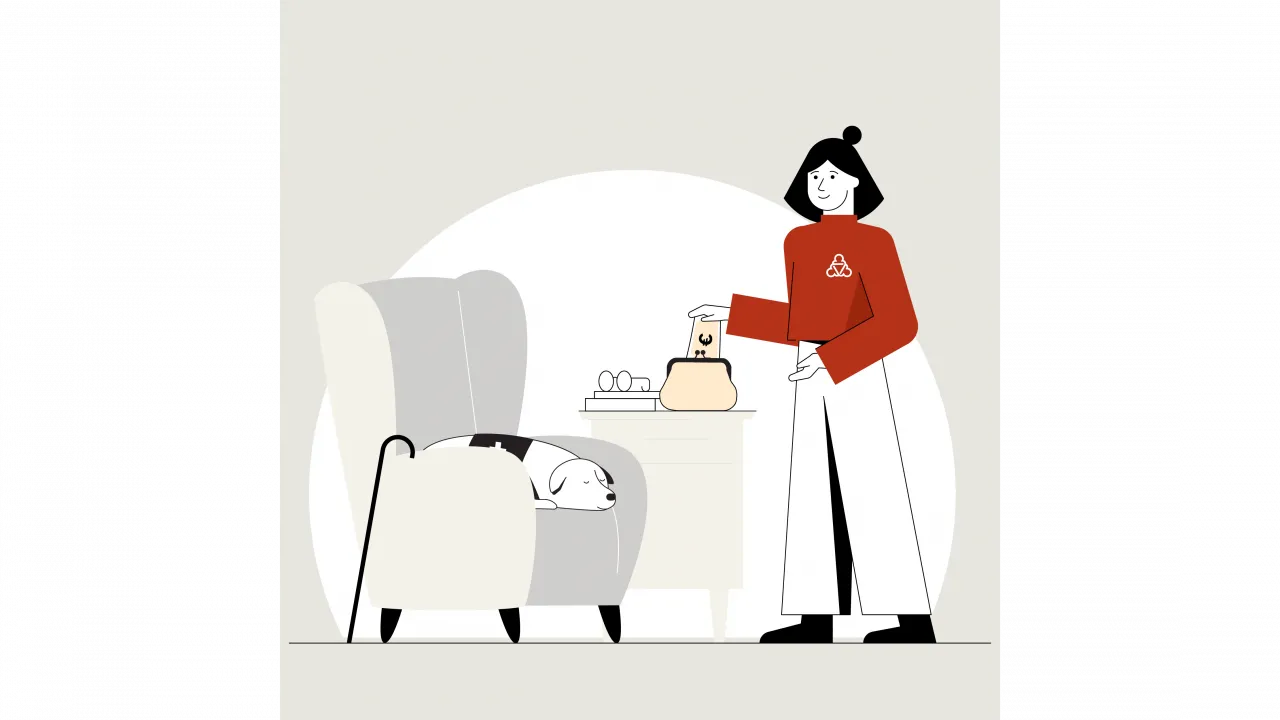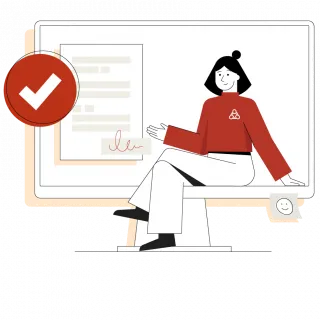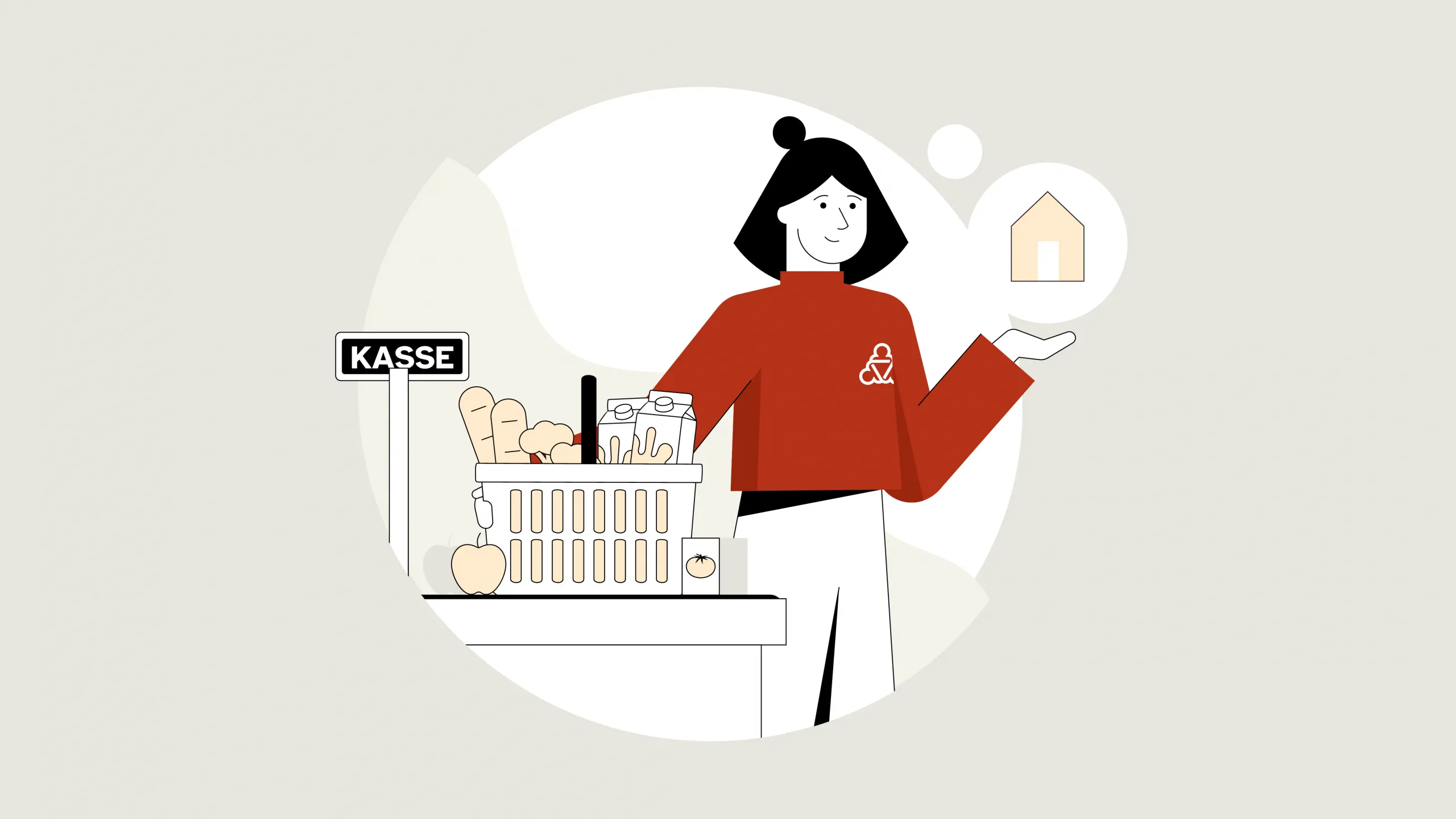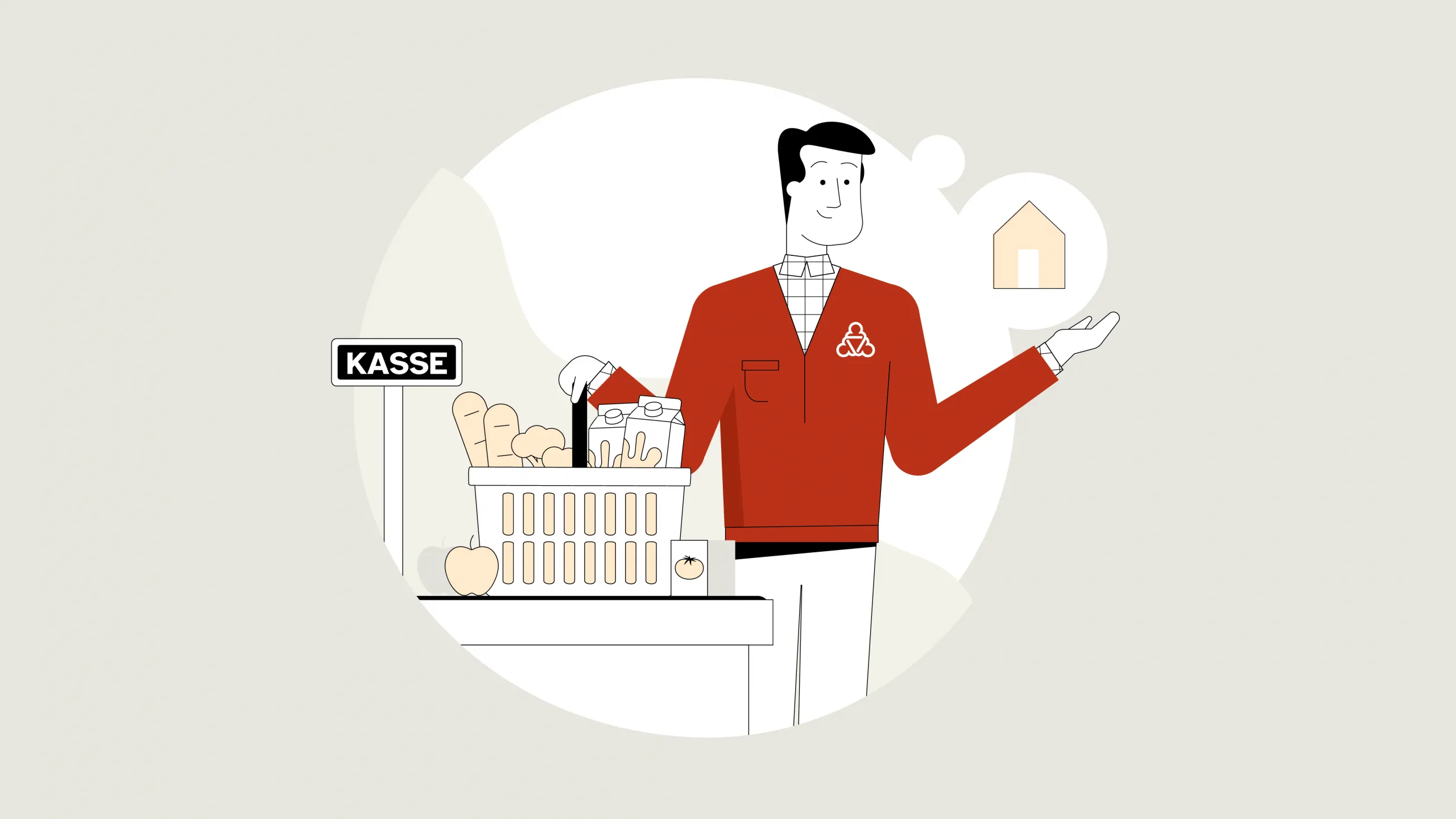How much money will I receive as basic income support?
The amount and scope of basic income support are comparable to Cost-of-living assistance benefits.
The amount of your basic income support depends on your personal needs and your income and assets. If you live in a marriage or marriage-like partnership, your partner's income is also taken into account (see "Basic income support and income").
The following rule of thumb applies to the amount of basic income support:
Needs minus income to be taken into account = amount of benefit.
How are needs made up?
The basic income support is intended to cover the following areas:
- Costs of living
- Costs of accommodation and heating
- Health and long-term care insurance contributions
- Pension contributions
- Additional needs for certain groups of people (for example, if you have a Severely Disabled Pass with mark G)
- Assistance in special cases (for example, initial furnishing of an apartment)
When calculating your needs, a distinction is made between the so-called standard needs, additional needs and one-off benefits. The level of need can vary for each applicant.
Regular need
The regular need is a monthly, flat-rate amount of money for everyday expenses such as food, clothing or household appliances. It corresponds to the current social welfare amount. The standard rates were increased as follows as of January 1, 2024:
Regular needs level 1 for single and single-parent beneficiaries: 563 euros
Regular needs level 2 for each adult person living with a partner, spouse or in a marriage-like relationship or for residents of a special form of accommodation: 506 euros
standard needs level 3 for an adult person accommodated in an inpatient facility: 451 euros
standard needs level 4 for young people from the age of 15 to the age of 18. up to the age of 18: 471 euros
Regular needs level 5 for children from the age of 7 up to the age of 14: 390 euros
Regular needs level 6 for children up to the age of 6: 357 euros
for children from the age of 7 up to the age of 14. 357 euros
In addition:
- Needs for rent and heating,
- Contributions for health and long-term care insurance.
Extra needs and one-off benefits
- Extra needs can be applied for in special life situations. For example, if you have to eat differently for health reasons and therefore have higher costs, you can receive additional benefits. Additional needs also arise during pregnancy or if you are in possession of a Severely Disabled Pass with the mark G.
- One-Time Needs and other needs include furniture and household appliances for the initial furnishing of an apartment or baby equipment.
If you are entitled to basic income support, you also have the option of using benefits for education and participation for your children. This includes, for example, costs for school trips, learning support and lunches for pupils.




